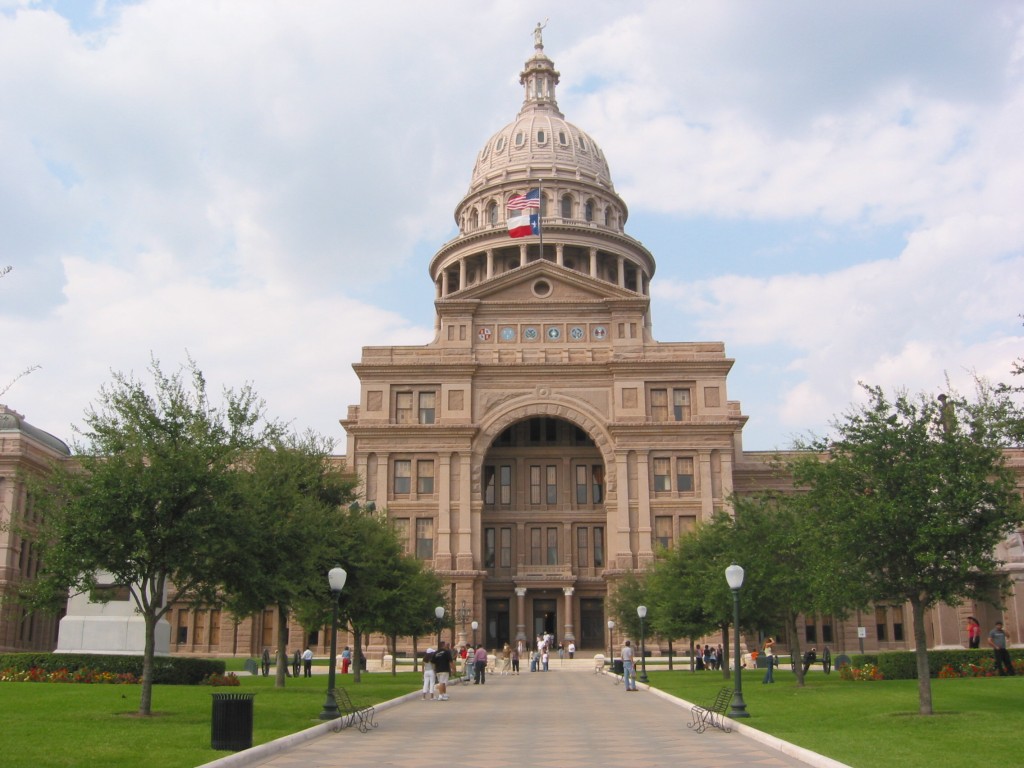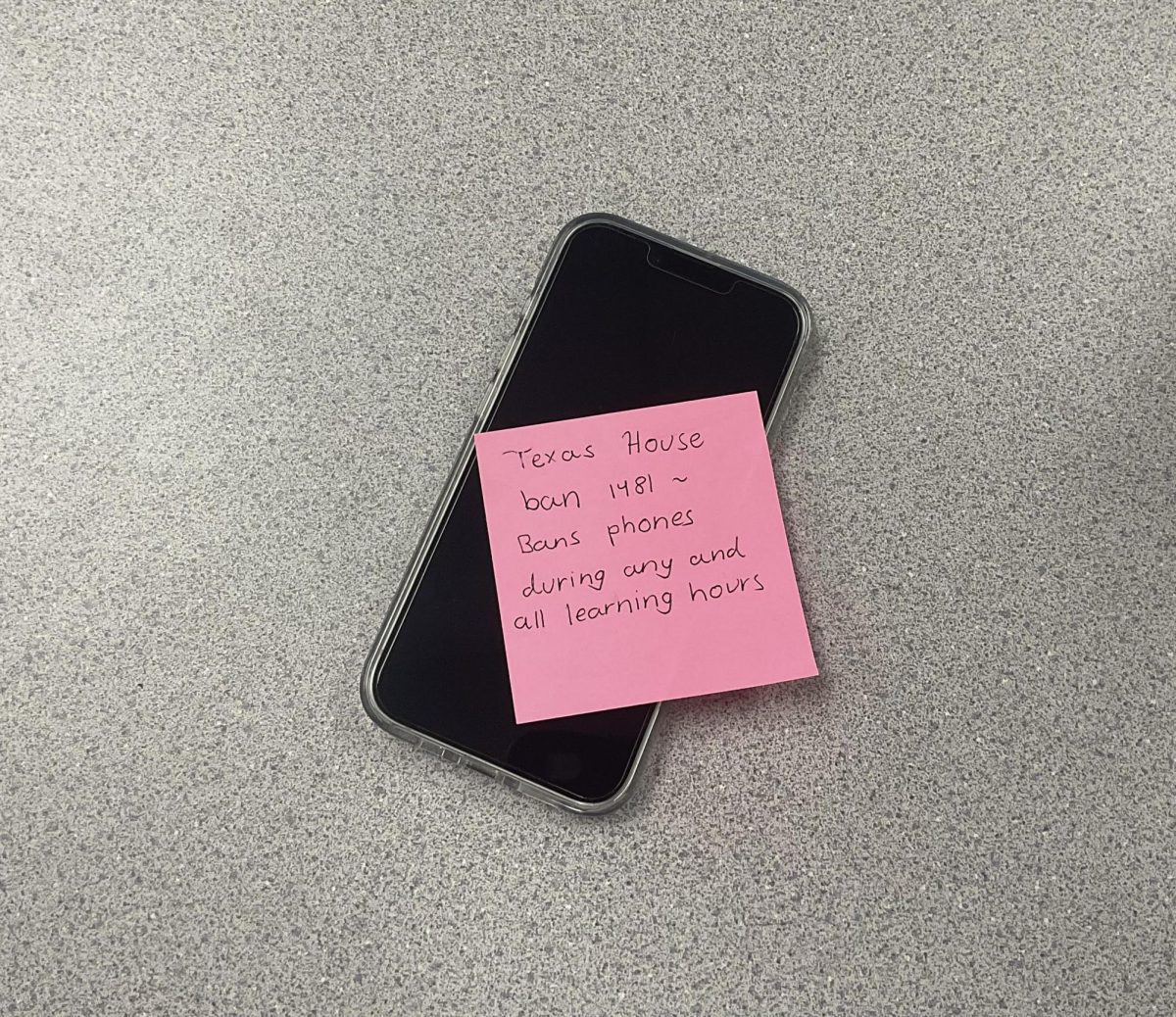Students were informed of a change in the school schedule for Monday, April 8 to account for the eclipse. At approximately 1:15 p.m., students were escorted out of their classrooms and into the football stadium, where the whole school would be watching the eclipse. Invigorating music played by the school staff hyped students up for the solar event. According to the principal Mr. Ramsey, the event was a total success with almost no setbacks.
“I think that’s when you could tell things had gone well because it was gonna be a memory for our students and staff,” principal Steven Ramsey said. “So that always makes you feel good. You know that kids are always gonna remember the stadium when the eclipse of 2024 happened.”
Because of the imperfect alignment of Earth and the Moon’s orbits, solar eclipses are extremely rare, with the last one happening in 2017, seven years ago. All of the U.S. experienced this year’s eclipse ending with totality. In Texas, it occurred between 12:17 p.m. and 2:58 p.m., with totality lasting about three minutes. With the last solar eclipse occurring seven years ago, the student body agreed that this one was extremely enjoyable.
“I feel like the school did a good job,” an anonymous student said. “The video was cool. The glasses were a bit weird when I first got them, but watching the eclipse through them was fun.”
The eclipse’s proceedings were smooth without any hiccups. Around 1:30 p.m., the sky went dark, building up students’ expectations. However, some clouds covered up the eclipse right before totality, leaving students disappointed. Luckily, the sky cleared up shortly after, which let everyone fully enjoy the eclipse and minutes of totality.
“I liked the eclipse, it was cool,” an anonymous student said. “I didn’t expect much, to be honest, I was just like ‘Wow, this is kind of a big deal. Let’s see what happens!’
After watching the eclipse, the students were escorted back to their sixth period class, with the rest of the day carrying on normally. Multiple students said they enjoyed their time watching the eclipse. Due to the rarity of a solar eclipse, the next one is predicted to occur twenty years from now, August 23, 2044.













